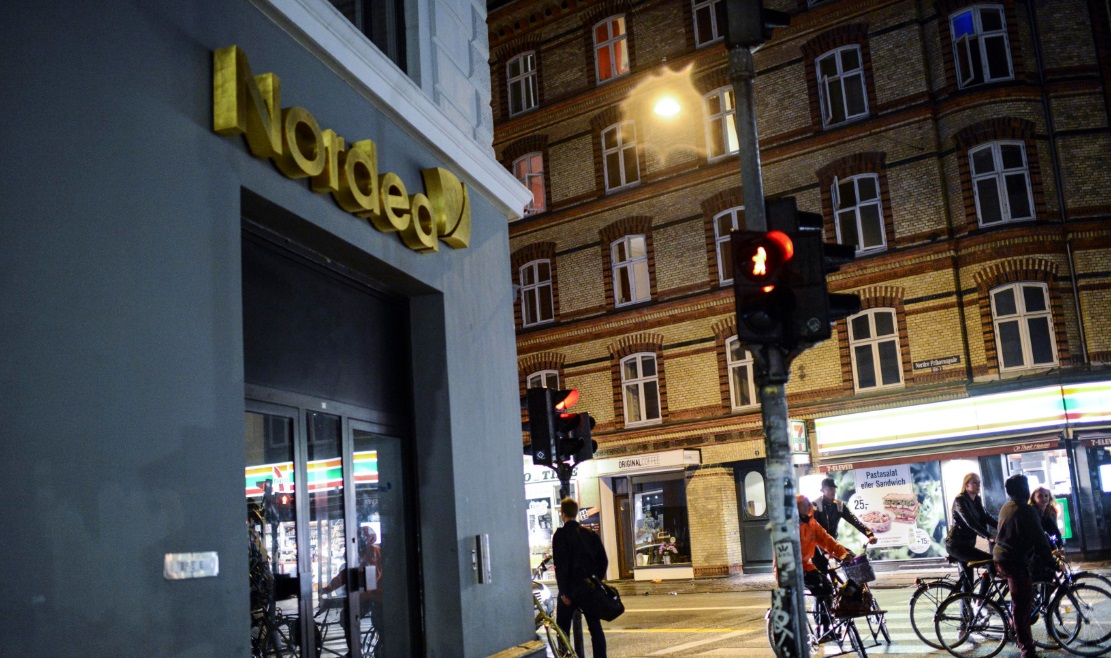US wants to stop money laundering in Europe
March 06, 2019 @ 12:21 +03:00

Europe’s long-standing resistance to joint policing of its financial system is coming home to roost. A widening money-laundering scandal has exposed weaknesses that Russian criminals have exploited for years, increasing the prospect of U.S. authorities stepping in with draconian fines of their own. In Europe, a patchwork of different systems and rules has hindered the policing of money laundering, with no central agency charged with investigating crimes.
With a financial system barely recovered from a decade of serial crises, policy makers in European capitals need to strike a balance between tightening the screws on their own lenders and keeping banks on the road to sustainable profitability. Banks from Stockholm to Amsterdam face uncomfortable questions about their handling of tainted funds, with investigations under way in the Baltic nations, the U.S., the U.K. and the Nordic countries. Almost daily revelations suggest there are more surprises to come on the misconduct.
European officials have started to hit banks with higher fines for misconduct, but they’re still well short of those imposed across the Atlantic. ING Groep was fined last year 775 million euros ($875 million). U.S. authorities have punished European banks more; even just the whiff of a ban from the American financial system put a Latvian bank out of business last year. Even as EU officials set out to forge a banking union in the wake of the financial crisis, a pan-European enforcement agency was never seriously considered. Policing money laundering has been handled by national authorities. Calls to do more have gone nowhere.
Europe’s Dirty Money Scandals Highlight Absence of Credible Cops, Bloomberg, Mar 06







